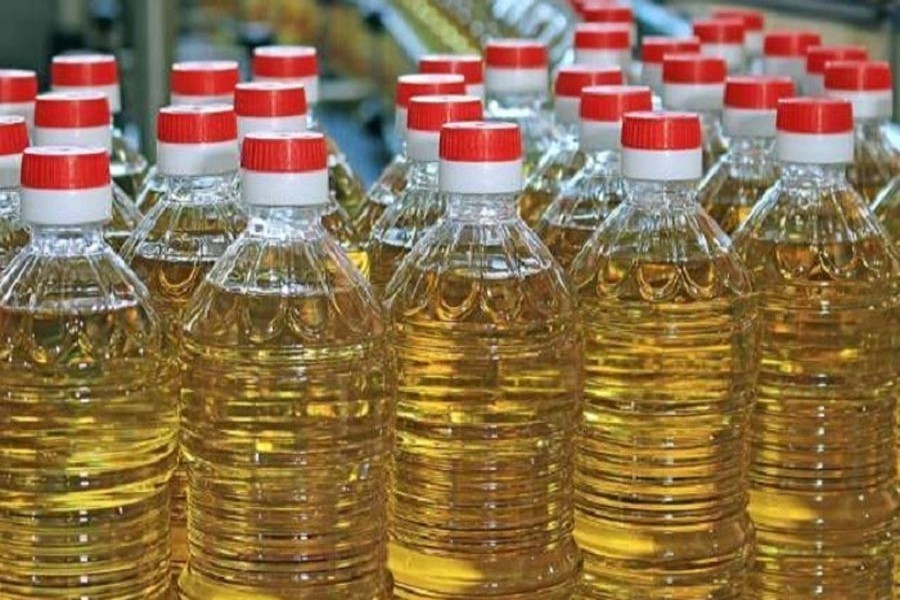With a view to reducing consumers' dependence on soybean and palm oils, the Bangladesh Trade and Tariff Commission (BTTC) has reportedly suggested that taxes on pricier varieties like canola, sunflower and olive oils be reduced. The tariff authority is learnt to have made a proposal to this effect to the commerce ministry for its implementation in the upcoming FY 2022-23 budget. It may be recalled here that meanwhile in mid-March, the government had waived 20 per cent value-added tax (VAT) on soybean oil at both production and consumption levels until the end of June this year. The move was meant to bring down this oil's price in the domestic market. However, the tendency to create an artificial supply crisis of this cooking oil resulting in its further price instability still remains, thanks to the evil nexus of a section of dishonest traders.
Understandably, the BTTC's move has come in the wake of such developments at home as well as the international exporters' imposition of further duty-related restrictions on these popular edible oils. Indonesia, for instance, has reportedly slapped a ban on a product of palm oil, the so-called palm olein, but there is still a lack of clarity on the extent of this ban. Notably, Bangladesh imports around 87 per cent of its palm oil from Indonesia. Evidently, such unpredictability in the supply situation as well as unrestrained price hike of soybean and palm oils, which occupy 31 and 65 per cents respectively of the local edible oil market, provides enough justifications for seeking an alternative to these oils. However, one also needs to take it into account that the suggested kinds of oil are upmarket varieties which are popular among the affluent segment of the consumers. Even if taxes on those are reduced, their prices will be much higher than those of soybean and palm oils and well beyond the purchasing power of common people.
Worse yet, supply situation of some of these high-end items like sunflower oil is also becoming uncertain in the international market, if only because of the ongoing war in Ukraine imposed by Russia. The concern is for the simple reason that Ukraine, now devastated by the war, is the world's largest exporter (making up for 47 per cent of the global export) of sunflower oil. At this point, one could also think of further widening the consumers' choice of edible oil on inclusion of locally more popular ones like mustard and rice bran oils. The BTTC had better suggested drastic tax cuts on mustard and rice bran oils. Currently, crude mustard oil has 37 per cent in taxes and duty levied on it, while for its refined version tax and duty come to a whopping 58 per cent.
So, mustard and rice bran oils, being indigenous ones, deserve tax cut more than the costly imported varieties. Also, the government might well think of providing incentives to the local growers of high yielding varieties of indigenous oilseeds like mustard. In fine, apart from short-term measures like tax cuts on some foreign-origin oils to tame their domestic price, the government needs also to take a longer view of the issue and strengthen our domestic capacity to produce oil. That can be an answer to the country's overdependence on imported oil.


